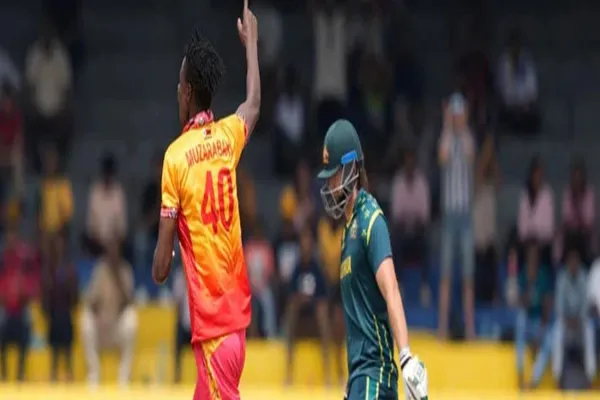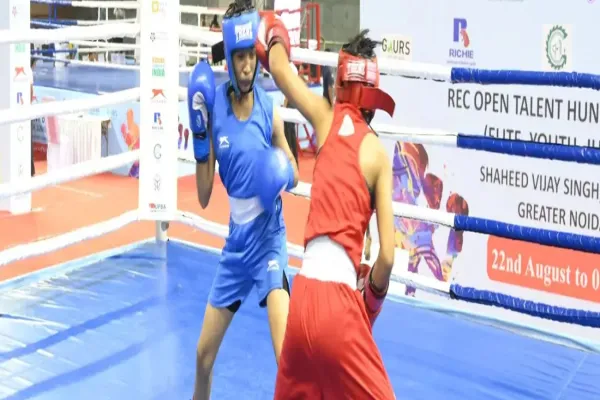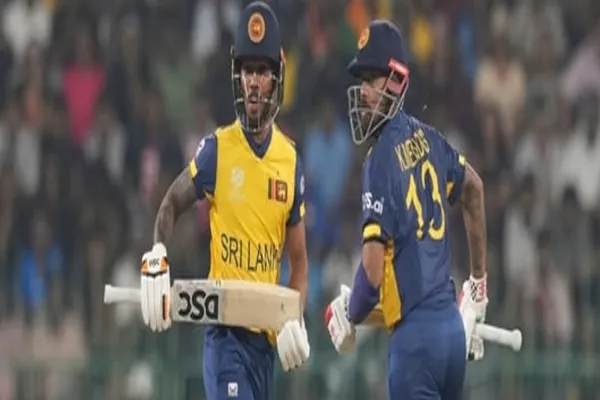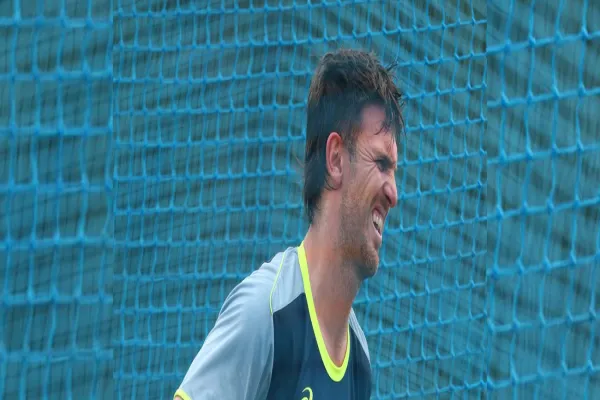i NEWS SPORTS
It took until the final thirty minutes of the final session on the fourth day, and a marathon 142 overs in the field - over 200 if you count the overs in the first innings Sri Lanka followed on from - but New Zealand eventually broke through Sri Lanka's defiant rearguard to secure an innings-and-58-run victory in the second Test at Wellington, and with it a deserved 2-0 series win.
Henry Nicholls was Player of the Match for his unbeaten double-hundred, while Kane Williamson was named the Player of the Series for his match-winning century in the first Test and then his game-defining double-ton in the second. And if you ever needed a marker for New Zealand's dominance in Wellington, just take in the fact that Sri Lanka's total of 358 in their second innings was still five runs short of the mammoth 363-run stand between Williamson and Nicholls.
But shifting from the exemplary to the inexplicable, the final day of this hard-fought series was marked by batting of a much poorer variety. Indeed, if day three consisted of rookie mistakes, then day four could only be categorised as an extended amateur hour, with it eventually left to Kasun Rajitha and his fellow tailenders to attempt to drag the game to an improbable day five.
Rajitha, who was the last man dismissed, eventually lasted 148 minutes out in the middle, during which he faced a 110 deliveries - longer than any of Sri Lanka's other batters had fared barring Dhananjaya de Silva. Now this is not necessarily to say that Sri Lanka batted poorly, in fact for large segments of the day some of the strokeplay on display was some of the best seen across this Test, however rarely if ever would a string of such similarly soft dismissals have ever been seen across a single innings.
Of the nine wickets to fall in the day, five fell to the short ball - that number rises to six if you count Dimuth Karunaratne the previous evening. Of those, only Prabath Jayasuriya, a certified tailender, could probably be excused for this indiscretion, top-edging a long hop from Michael Bracewell.
Kusal Mendis, who had started the day unbeaten on 50, and had perhaps been harbouring hopes of another miracle at the Basin Reserve alongside his partner Angelo Mathews, was the first to go falling in the first over of the day. A short ball, sitting up, slapped straight to midwicket.
Two overs later, Mathews would follow his partner's cue, this pull shot even more egregiously ill-judged. With New Zealand having lined up three men - at short leg, square leg, and deep square leg - just for the short ball that Blair Tickner would deliver tirelessly over the day, Mathews would conspire to pull it straight to the second of those men.
At 116 for 4, and just three recognised batters left, Sri Lanka and those watching on at the stadium and at home were likely fearing the worst. And New Zealand were probably eyeing an early lunch, or at the very least an extended tea break. Unsurprisingly, having succeeded twice with the short ball, New Zealand would continue to pepper the pair of Dinesh Chandimal and Dhananjaya with similar. But if you thought the lack of success in pulling thus far would have put these two off the notion, think again.
That said, the most incredible aspect of this period was that this actually worked in Sri Lanka's favour. With the wicket flattening out, anything fuller in length was driven straight and through the covers with little fuss. And so it was left to Tickner and co. to continuously try Sri Lanka's patience with the shorter stuff. Over the course of their 126-run stand, the pair would utilise it liberally - sometimes crunching it in front of square, other times getting it away fine, less controlled but safe.
Of the two, Dhananjaya had looked the more susceptible to the short ball, which was what made it even more jarring when Chandimal top-edged a short one to fine leg just two minutes before lunch. It was a body blow that Sri Lanka seemed ill-equipped to recover from, however after the break Nishan Madushka and Dhananjaya defied expectations. With the New Zealand bowlers gradually tiring and the wind picking up in force, the pair were able navigate the short stuff, punish anything full and generally turn over the strike with relative ease.
Credit : Independent News Pakistan-INP









